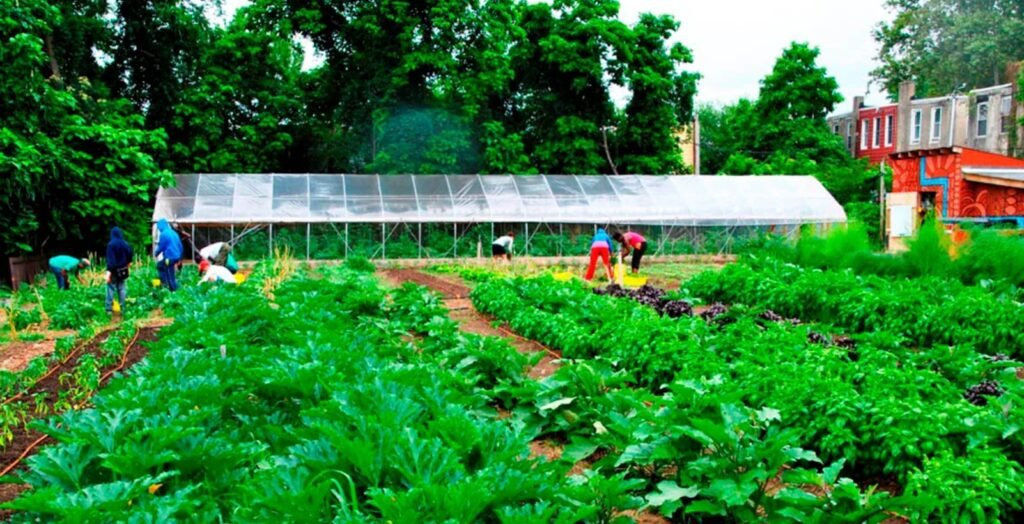A group of environmental activists in Clark County have teamed up with the residents of The Outpost, the city of Vancouver’s first Safe Stay community, to create a victory garden that will provide fresh produce, plants and skills for the homeless population. The project is part of a larger initiative to bring local solutions to the global climate crisis and foster a more self-sufficient and resilient community.
The victory garden project includes four garden beds that are filled with various types of fresh produce, plants and other greenery like catnip — a popular request amongst The Outpost residents. The organizers work with the residents to teach them how to grow their own food, as well as provide them with tools, seeds and compost. The garden also serves as a space for social interaction, learning and healing.

Monica Zazueta, one of the local environmentalists behind the project, said that the garden is a way of connecting with the web of life and realizing that everyone has something to offer and learn from each other. “We are not just sitting around anymore. We are not just talking. We are standing up, joining together to make a change,” she said.
A response to the climate crisis and social injustice
The victory garden project was inspired by the historical practice of planting gardens during wartime to supplement food rations and boost morale. The organizers said that they see parallels between the current situation and the past, as they face the threats of climate change, economic instability and social inequality.
“We’ve got this looming climate crisis,” said Karissa Halstrom, another local environmentalist involved in the project. “And we don’t feel like our leaders are taking it very seriously and that we are going to be taken care of as far as security in the future.”
Halstrom said that they decided to take matters into their own hands and start with small-scale actions that can have big impacts. She said that by growing their own food, they are reducing their carbon footprint, saving money, improving their health and creating a sense of community.
The organizers also said that they wanted to address the social injustice that affects the homeless population, who are often marginalized and stigmatized by society. They said that they wanted to empower them with skills and resources that can help them improve their quality of life and dignity.
“We want to show them that they are not forgotten, that they are not alone, that they are valued and respected,” said Becca Kempton, another local environmentalist who joined the project.
A positive impact on the residents and the environment
The victory garden project has been well-received by the residents of The Outpost, who have expressed gratitude and enthusiasm for the opportunity to grow their own food and learn new skills. Some of them have even taken on leadership roles in maintaining and expanding the garden.
Adam Kravitz, founder of Outsiders Inn, which oversees The Outpost, said that his favorite part of the garden project is that the organizers are not just imposing their ideas on the residents, but rather collaborating with them and listening to their needs and preferences.
“They are not coming in here telling people what to do. They are coming in here asking people what they want to do,” he said.
Kravitz also said that the garden project has improved the environment and appearance of The Outpost, which is located on a former landfill site. He said that the garden has added color, life and beauty to the place, as well as attracted birds, bees and butterflies.
“It’s amazing how much difference a little bit of green can make,” he said.
The organizers hope that their victory garden project will inspire other communities to follow suit and start their own gardens, as well as raise awareness about the importance of local action in addressing the global challenges.
“We want to show people that there is hope, that there is a way forward, that we can make a difference,” Zazueta said.
